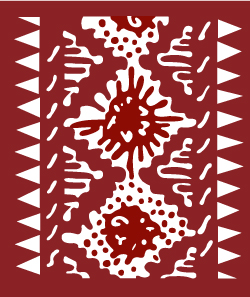April 2025 - A Day in the Life of Abed Salama

A Day in the Life of Abed Salama
by Nathan Thrall
Nathan Thrall’s A Day in the Life of Abed Salama is a powerful and thought-provoking exploration of the Israeli-Palestinian conflict, told through the true life narrative of a Palestinian family living under occupation. The book delves deeply into the complex and heart-wrenching realities faced by Palestinians, giving us a humanized perspective on a conflict that has persisted for over a century.
The subtitle, “Anatomy of a Jerusalem Tragedy,” aptly captures the essence of the narrative, as Thrall meticulously peels through the layers of tragedy experienced by Abed Salama and his family. Throughout the book Abed’s character evolves, revealing a man deeply affected by the ongoing conflict while striving for personal happiness. We see this for instance in his desire to remarry, even amidst turmoil life and personal aspirations persist.
A pivotal event in the book is a tragic accident involving a bus, which made headline news in Jerusalem. The bus driver was sentenced to 30 months in jail, yet no action was taken against the Israeli soldiers involved, raising questions about accountability and shared responsibility for the deaths of the children. This incident highlights the ongoing tensions and the often one-sided nature of justice in the region.
Thrall describes in detail the segregated Palestinian enclave in Jerusalem. His portrayal is fair and accurate, emphasizing the physical and psychological barriers imposed on Palestinians, it seems more of a ghetto.
He examines the impact of the Intifadas on Abed’s life and the broader political outcomes. We get an insight into the cycles of violence and resistance that have shaped the region. The Oslo Accords are also mentioned, they too failed to foster better co-existence between Israelis and Palestinians. Thrall explores the differing negotiation approaches of the two sides. The Palestinian objective was survival and the Israeli’s sought control and expansion, it is why lasting solutions have been so elusive.
One of the more shocking revelations in the book is the dehumanization of Palestinians, a sentiment that has persisted in time. The celebration of Palestinian children’s deaths on social media by Israeli pre-teens (as witnessed by journalist Arik) is shocking. It underscores the deep-seated animosity and desensitization that has taken root.
A Day in the Life of Abed Salama offers an understanding of the Israeli-Palestinian conflict through every day and real life events. It challenges preconceived notions and provides fresh perspectives on a long-standing struggle. Inevitably the book elicits a spectrum of responses: anger, sadness, and despair. The on-going war is proof things will only get worse.
Nazie Morad

